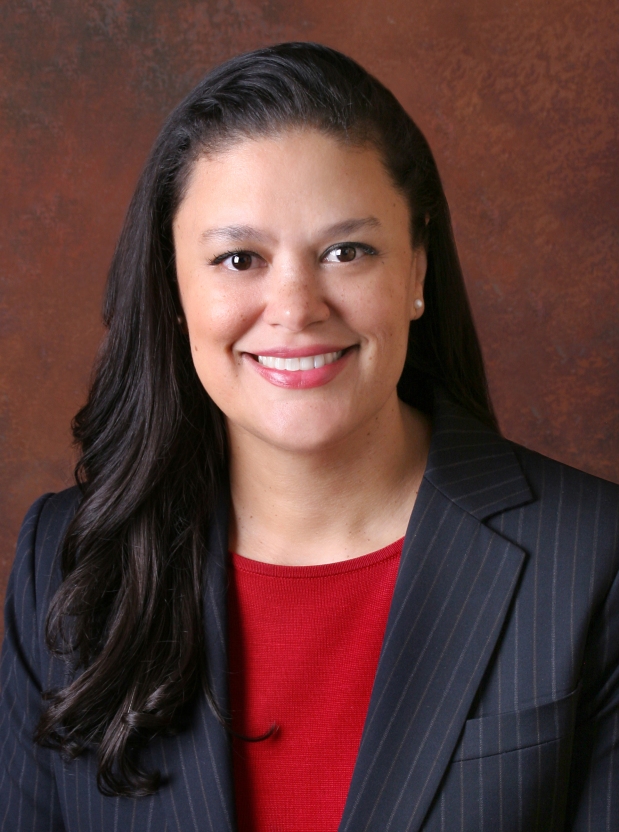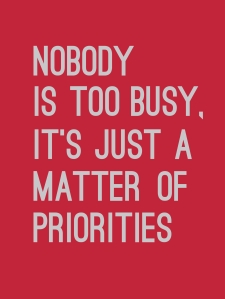I’ve been meaning to write about my thoughts on Worcester Tech in Worcester, MA since last year when Obama gave the commencement speech. This month, an interview with the principal of Worcester Tech came across my twitter feed. Here’s my thoughts on her interview, the school and what she didn’t say (or that the report did not print).
It’s a very cool school that has an incredible balance between academics and technical experience. Each week students rotate through academic and tech weeks for 90 tech days and 90 academic days. This model actual helps to demonstrate that my theory that you could have elective based classes instead of Math, Science, English, Social Studies and still teach the standards, concepts and skills. They have a great way of introducing students to all the tech disciplines and empowering them to make choices. There is virtually nothing like that in traditional schools. The school is a great opportunity to get a head start and build a great college application.

The principal says that the school used to be focused towards strictly students going into the workforce after high school. The test scores where falling and they were going to shut down the school. Instead they turned it around. There is just one item missing from this interview that brings more light to this situation.
Worcester Tech now has an application process. Here is the Application and the Admission guidelines for the school. I know this predicament well because I was a middle school guidance intern at a middle school in Worcester. The application requires data regarding grades, attendance, and behavior record. So who do you think is attending Worcester Tech?
In the past the admission requirements were probably weak if at all. That probably wasn’t the right method. But is this the correct method?
Let’s assume that a majority of non college attending kids went to the old school. They probably didn’t have good grades, or good attendance records, or good behavior records. Those facts probably lead to the decline of the school. So when the “turned around” the school…..where did those students go?
They didn’t turnaround the school. They literally built a brand new different school. And it’s a great school. My two issues are these:
What happens to all the students who used to attend Worcester Tech? The only school in the city that could prepare them for a career after HS is only open to students with good grades, good attendance and good behavior. Basically, the kids who need a great school like this, likely are not getting admitted. This actually sounds like what most people think charter schools do – they selectively choose students and by doing so eliminate “unworthy” students. Most charter schools, through their choice of attendance zones operate in under served communities and through a lottery serve at risk students. But, I will ask again, What happens to the students who used to attend Worcester Tech?
Did you know that only 1/4th of Worcester HS graduating seniors attend a 4 year university? Another 1/4th go to local community colleges (which I hear is where students are pushed towards due to their lack of success) and 50% go directly into the workforce, or at least not to any college directly after school.
So if 95% of Worcester Tech grads go to college – those students are not likely any of the 50% going directly into the workforce.
All of a sudden does Worcester Tech seem a bit exclusive? I’d say so.
Now, I think the school is great. Students who do well in school deserve a chance to get ahead, build their tech skills to get into the best colleges, and learn in an empowering school environment. But on the backs of the students who need that school environment?
Which brings me to my second point, this type of school should be available to all students who wish to attend. There should be enough campuses to accommodate every student who need this opportunity. We should be incorporating more of their school culture and style into traditional public schools. We need more Worcester Tech’s.
But please don’t laud them as turning around a school – when the students who were there to begin with are not there. And we are still not serving those students who need us. Because of the admission reqs, its very likely that the 95% college going graduates would have also gone to college from their sending school. Worcester Tech may not actually be increasing Worcester’s graduation rate. Just moving the numbers around.














